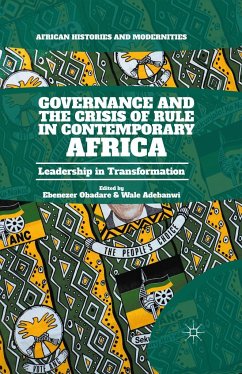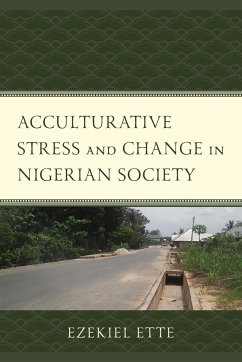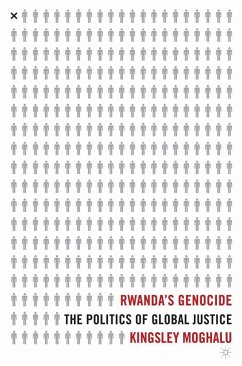
The Politics of History in Contemporary Africa
Versandkostenfrei!
Versandfertig in 6-10 Tagen
38,99 €
inkl. MwSt.
Weitere Ausgaben:

PAYBACK Punkte
19 °P sammeln!
This book mediates a dialectics between power and subjectivity versus history and politics. The invention of Africa is not merely a residue of Africa's encounter with Europe but a project in continuity in contemporary history of Africa, where history has become a location of struggle and meaning, a location of power and domination. Eze contends that postcolonial African studies that thrive by way of unanimity, analogy, or homogenenity are merely advancing a "defeatist" historicism. It attempts to gain essence by inverting the terms of colonial discourse and is decisively implicated in the very...
This book mediates a dialectics between power and subjectivity versus history and politics. The invention of Africa is not merely a residue of Africa's encounter with Europe but a project in continuity in contemporary history of Africa, where history has become a location of struggle and meaning, a location of power and domination. Eze contends that postcolonial African studies that thrive by way of unanimity, analogy, or homogenenity are merely advancing a "defeatist" historicism. It attempts to gain essence by inverting the terms of colonial discourse and is decisively implicated in the very logic of coloniality. This method of historiography not only stifles the overall socio-political imagination of contemporary Africa but offers a dogmatic blueprint for politics of domination. Eze argues that a chance for an African Renaissance is dependent on review mechanisms of African historiography.














